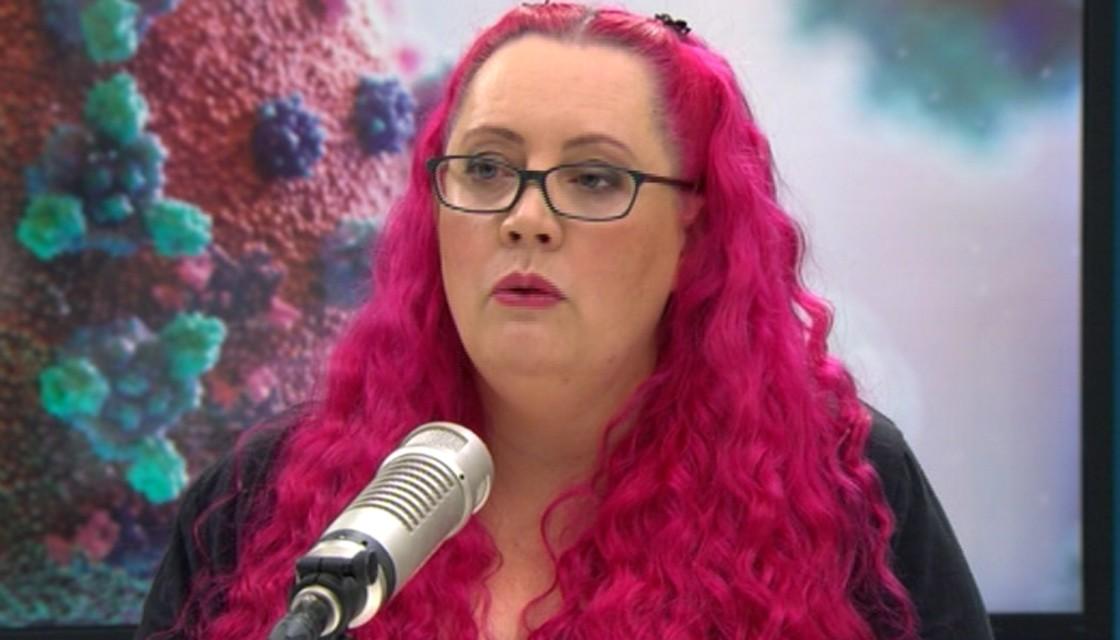One of New Zealand's top infectious disease experts says he's finally getting some sleep at night, with New Zealand looking like the only Western country with a chance of eradicating COVID-19.
But overseas, it's looking like 20 million people will eventually succumb to the virus.
Professor Michael Baker from the Department of Public Health at the University of Otago told The AM Show on Friday going to pandemic alert level 4 lockdown last week was the "most decisive and strongest lockdown in the world at the moment", and despite the economic pain, we should consider ourselves lucky to be living in New Zealand, rather than Italy, Spain, the UK or the United States.
"I was losing sleep until we moved into the lockdown - I don't like the term lockdown, but I guess that's the term we're using. I breathed a huge sigh of relief and I had my best night's sleep in a month.
"The reason is, all around the country all these chains of transmission of the virus - and we would have had some - gradually being snuffed out. So I think that was a fantastic move by the Government."
Italy and Spain have recorded the highest number of deaths from COVID-19, and there's new evidence the tolls have been vastly underestimated, with victims in rest homes not being counted towards official totals.
The United States is expected to overtake them in time, with more than twice as many confirmed infections as anywhere else in the world, and the UK has abandoned initial plans to let the virus run its course, implementing better-late-than-never social distancing measures.
A new study posted on London School of Hygiene & Tropical Medicine's website suggests the measures are already having an effect, bringing the R0 figure of the virus - the number of people the average patient goes onto infect - to below one.
A virus with an R0 figure below zero will soon die out - without social distancing measures, the virus behind COVID-19 is estimated to have an R0 of about 2.5, making it twice as infectious as influenza.
"That is really great news - it's saying we can beat this virus,"said Prof Baker. "The main thing is all New Zealanders have to absolutely get behind this move. New Zealand may be able to come out of this state much sooner than any other country, if we get this right."
The daily new case figures announced by the Ministry of Health on Thursday hit a new high of 89 however. Microbiologist Siouxsie Wiles told Newshub they're still mostly infections found in people arriving here from overseas, with only 1 percent confirmed transmission in the community.
"I'm surprised that cases haven't been higher... I was expecting to see more people coming home with COVID-19."

The effects of the lockdown should start to be seen in the figures in about week's time, she said. The virus can take a couple of weeks to show symptoms, if at all.
"Because we're on lockdown, we should be managing to stop the spread of those cases from one bubble to another bubble. The whole reason for us being in this lockdown, was that if there were cases out there we didn't know about, that this would stop spreading any further."
Prof Baker says if our lockdown is successful, we might be the only 'Western' country to be able to lift social distancing measures in the near future. The only other countries on an "elimination path" are Asian nations such as China, Singapore, South Korea and Hong Kong, all of whom learned from their experience with another deadly coronavirus - SARS.
"We're a huge standout as the only Western country that's got an elimination goal... it's not going to be easy to get there. Every New Zealander has to do their absolute utmost to minimise their contact with other people over the next month. That's the deal... The alternative is so much worse - and that is the situation in European countries that... aren't on what we call an elimination path.
"They are on initially mitigation - dampening it down - and now they've moved to the next step which is months of lockdown. They can't come out of it - there's no way out. So by locking down now in New Zealand it's tough, but it saves us so much grief down the track."
Globally, the outlook isn't so great. Prof Baker says he no longer looks at the headline figures found on trackers like Worldometer and that kept by Johns Hopkins University, both of which now show there have been more than 1 million confirmed infections and 51,000 deaths.
"It's going to just keep climbing. It will be millions of people at a certain point, and many countries will no longer count people dying from this infection. It's very grim, and I think just another very good reason we are fortunate to be in New Zealand and do absolutely everything we can do dampen down transmission."
By the time a vaccine is ready - perhaps 12 or 18 months from now - he predicts more than 20 million will be dead.
"This virus is on a terrible trajectory, it's relentless, and it's going to infect about 60 percent of the world's population over the next one to two years."
For comparison, the Spanish Flu of a century ago killed between 20 and 50 million; the 14 century's Black Death, about 50 million; swine flu of a decade ago, up to 500,000; and SARS only 774.






